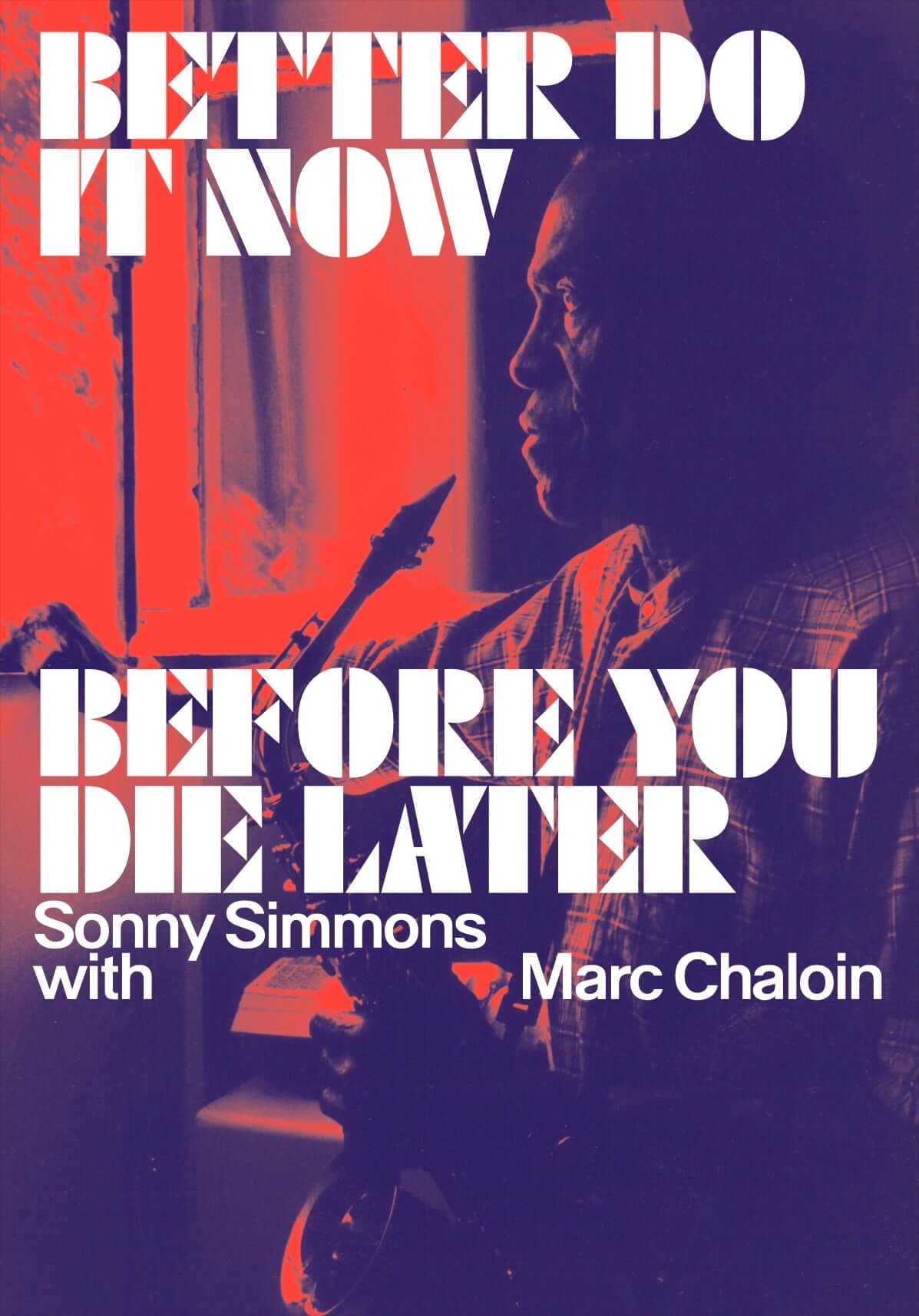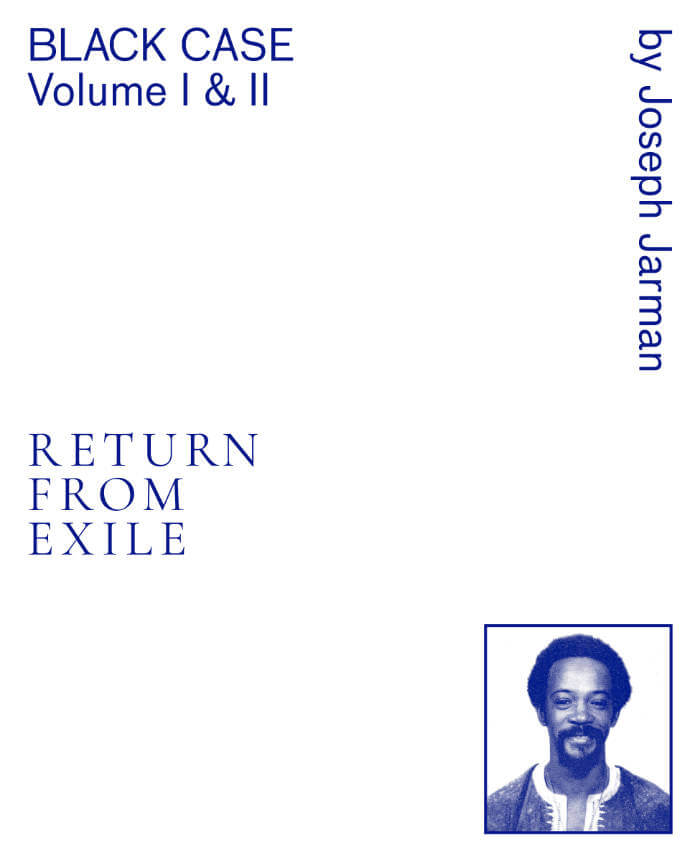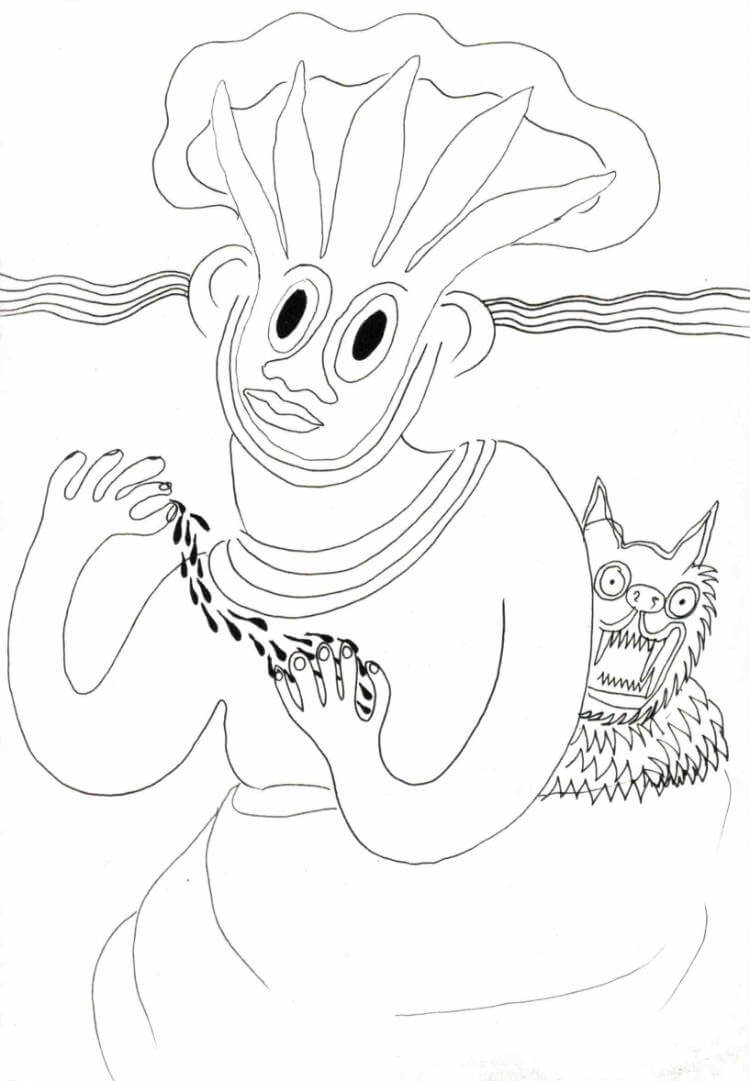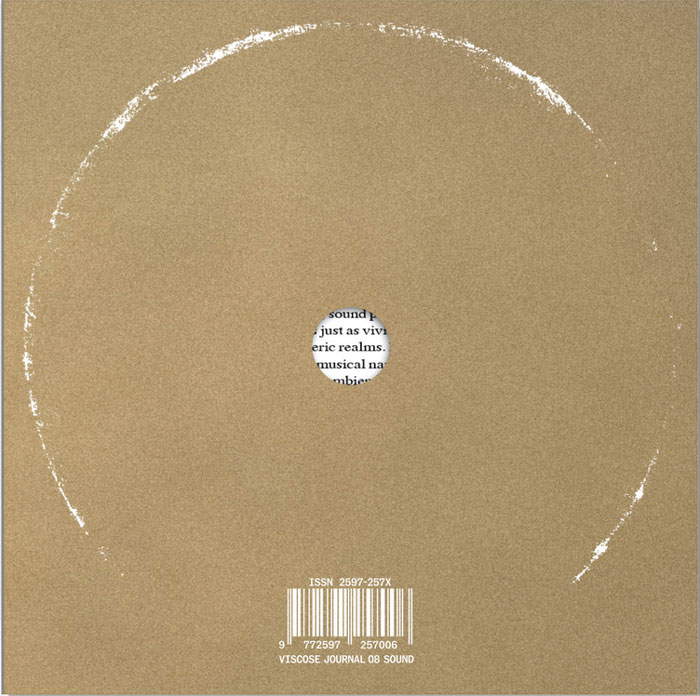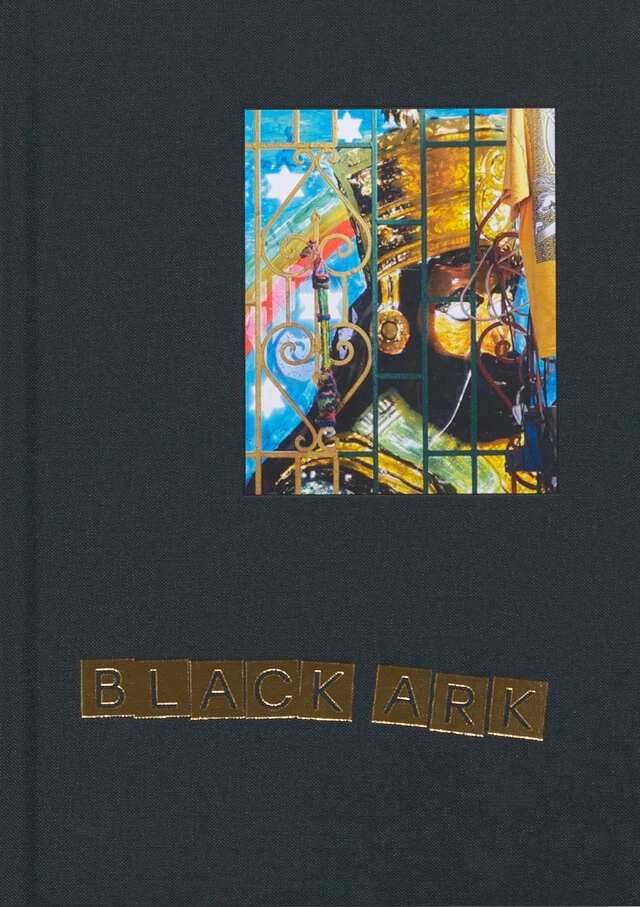
Blank Forms #06 – Organic Music Societies (hardcover)
Magnus Nygren ed., Naima Karlsson ed., Lawrence Kumpf ed.
Archival documents and new writings on the intermedia collaborations of avant-garde jazz trumpeter Don Cherry and textile artist Moki Cherry.
Avant-garde jazz trumpeter Don Cherry and textile artist Moki Cherry (born Karlsson) met in Sweden in the late sixties. They began to live and perform together, dubbing their mix of communal art, social and environmentalist activism, children's education, and pan-ethnic expression “Organic Music.” Organic Music Societies, Blank Forms' sixth anthology, is a special issue released in conjunction with an exhibition of the same name devoted to the couple's multimedia collaborations. The first English-language publication on either figure, the book highlights models for collectivism and pedagogy deployed in the Cherrys' interpersonal and artistic work through the presentation of archival documents alongside newly translated and commissioned writings by musicians, scholars, and artists alike.
Introduction by Lawrence Kumpf & Magnus Nygren; texts by Keith Knox, Rita Knox, Bengt af Klintberg, Iris R. Orton, Åke Holmquist, Pandit Pran Nath, John Esam, Michael Lindfield, Sidsel Paaske, George Trolin, Alan Halkyard, Moki Cherry, Don Cherry, Ben Young, Christer Bothén, Bengt Berger, Fumi Okiji; interviews by Keith Knox & Rita Knox with Don Cherry, Terry Riley, Steve Roney.
Language: English
